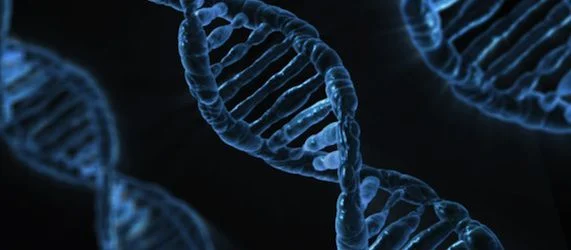More than one per cent of all cancer patients carry a gene which drives the development of tumours, and it is the first time ever that researchers have identified the gene CUX1 to be widely linked to cancer development.
According to the team of researchers, deactivating CUX1 activates a biological pathway that enhances tumour growth. Drugs inhibiting this biological pathway are currently being developed and used, hence this highlights a possible new targeted therapy for patients affected by this type of cancer-causing mutation.
Each year, approximately 300,000 people in the UK are diagnosed with cancer, and for more than 3,000 of them an inactive CUX1 gene may play a role in the development of their disease.
Dr David Adams, lead author from the Wellcome Trust Sanger Institute explained the team’s research as being is a prime example of how understanding the genetic code of cancers can drive the search for more effective and efficient targeted cancer therapies, which in turn could improve the lives of countless people suffering from cancer.
Genetic data from over 7,600 cancer patients was gathered, analysed and sequenced by the International Cancer Genome Constortium (ICGC) and other groups. It was discovered that in about one per cent of the cancer genomes studied, mutations deactivated CUX1, an event commonly linked to tumour growth.
CUX1 was previously missed as a driver of cancer due to prior studies focusing on genes that are mutated at a high rate in one cancer type, whereas CUX1 is mutated at a relatively low frequency and across many different types of cancer.
Dr Chi Wong, first author from the Wellcome Trust Sanger Institute and practising Haematologist at Addenbrooke's Hospital, stated that the research combined large-scale cancer genomics with experimental genetics. Going on to describe CUX1 defects as particularly common in myeloid blood cancers, either through mutation or acquired loss of chromosome 7q, Dr Wong explained that these patients currently had a dismal prognosis, making innovative targeted therapies an urgent necessity.
By silencing CUX1 in cultured cells to understand how inactivating it might lead to the development of tumours, the team discovered that when CUX1 is deactivated, it had a knock-on effect on a biological inhibitor, PIK3IP1, reducing its inhibitory effects. The rate of tumour progression is increased by the subsequent mobilisation of an enzyme responsible for cell growth, called phosphoinositide 3-kinase (PI3K).
Several dozen other genes, which could promote cancer growth when mutated at a low frequency, have already been identified by the team and they plan to silence these genes in mice in order to comprehend how their inactivation may lead to cancer development mechanisms.
Professor Paul Workman, Deputy Chief Executive and Head of Cancer Therapeutics at The London Institute of Cancer Research, explained that drugs inhibiting the PI3K signaling are currently undergoing clinical trial and concluded that the team’s discovery will assist in the targeting of these drugs to a new group of patients who will benefit from them.
Source: Science Daily
8 December 2013
Latest Articles
Cancer, Research, Tumours, cells, genes
More than one per cent of all cancer patients carry a gene which drives the development of tumours, and it is the first time ever that researchers have ide...










